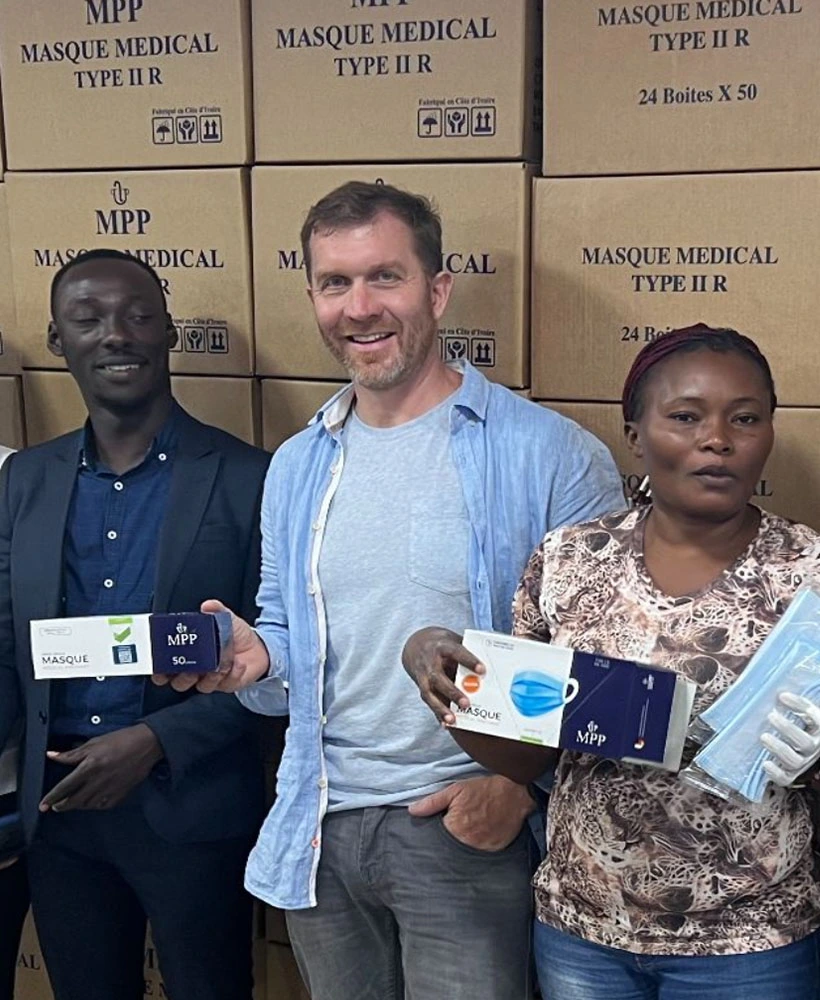About the Project
To protect millions from counterfeit medicines, a West African health authority partnered with authentic.network to secure pharmaceutical products with tamper-proof crypto-optical labels.
Each product now carries a blockchain-verified digital identity, instantly scannable via smartphone - even offline.The result? Unprecedented protection for 30 million medication units, full supply chain visibility, and a scalable solution that saves lives - even in low-connectivity areas.
Each product now carries a blockchain-verified digital identity, instantly scannable via smartphone - even offline.The result? Unprecedented protection for 30 million medication units, full supply chain visibility, and a scalable solution that saves lives - even in low-connectivity areas.




